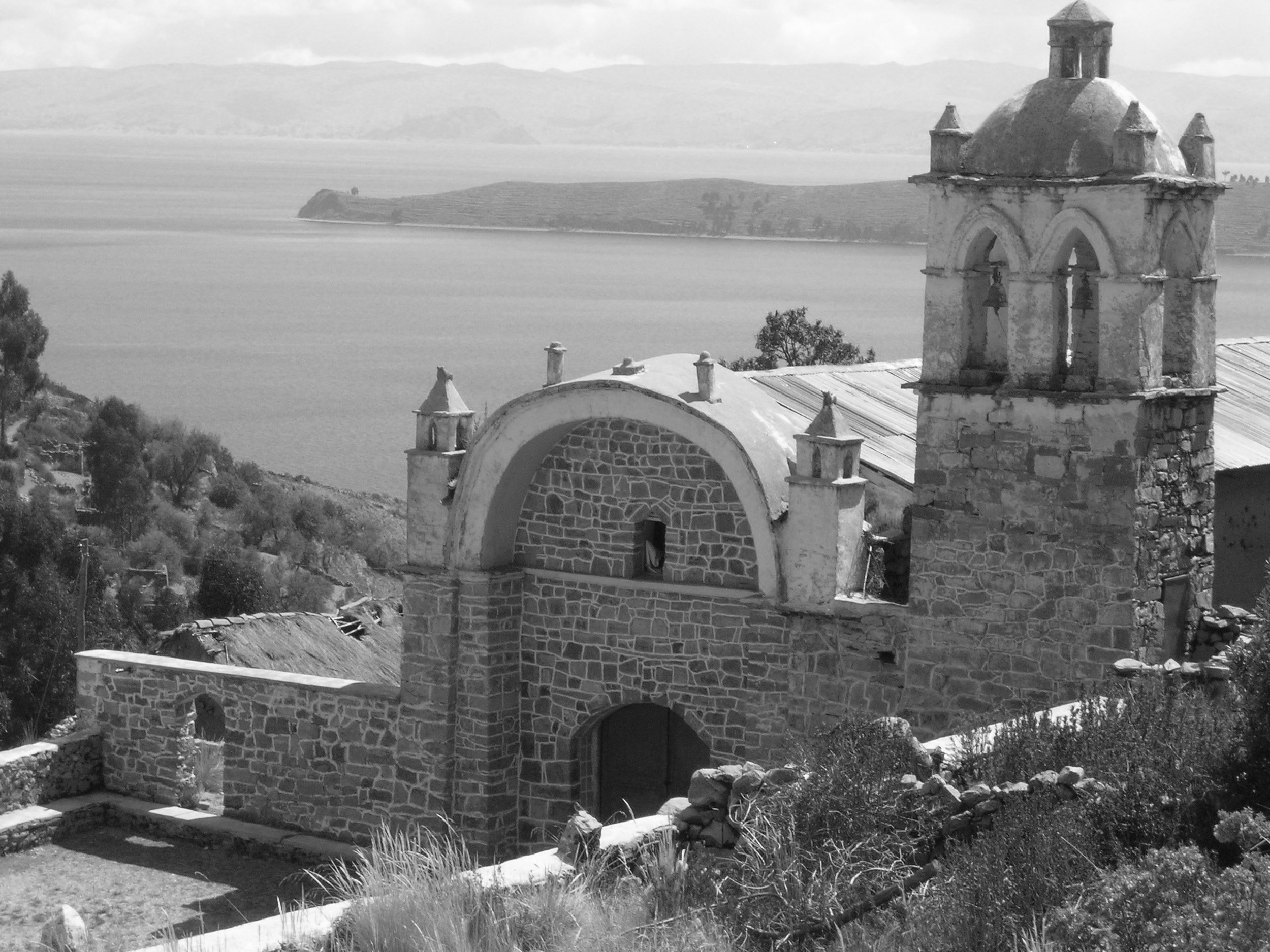While archaeologists aren´t certain when humans first arrived in Bolivia, evidence of complex civilizations has been found dating back to 1400 B.C and humans have inhabited South America for over 10,000 years. When people first arrived is still a fascinating mystery. While evidence has also been found for ancient civilizations in the Beni region, Bolivia´s largest and best-known cultures arose on the Altiplano and near Lake Titikaka. One of the best known Pre-Columbian cultures in Bolivia, Tiwanaku, arose on the shores of Lake Titikaka around 1500 B.C. and thrived until AD 1200. The Inca, a large empire centered around the Sacred Valley in Peru, conquered the Bolivian Altiplano shortly after the fall of Tiwanaku and ruled the region until the arrival of the Spanish in the 16th century.
The arrival of the Spanish in the 1530´s upset millenia of indigenous civilizations and established a political and economic system that would dominate Bolivia until the 21st century. What would become modern Bolivia was incorporated into the Spanish colonial empire as Alto Peru where the Spanish built a regional capital in what is now Sucre. With the discovery of silver in Cerro Rico in 1544, Potosí quickly developed into the largest city in the Western Hemisphere and funded the Spanish economy and monarchy for over two centuries. Over the three centuries of Spanish operation the brutal conditions of the silver mines claimed the lives of countless indigenous and African slaves.
In May of 1809 Bolivia first declared independence from Spain, establishing autonomous capitals in Sucre and La Paz. The independent country of Bolivia was born after the independence movement of Simón Bolivar, for whom Bolivia is named, reached the country and officially gained independence in 1825. After independence the fledgling nation of Bolivia passed from the control of one military junta to the next in a rapid succession of government overthrows and reversals. In addition to the volitality of its politics, the early history of the Bolivian state is also marked by a succession of territory losses to Bolivia´s neighbors. The War of the Pacific, between 1879 and 1884, pitted Chile against Peru and Bolivia for control of the nitrate and copper-rich Pacific coastline. In a loss still lamented by Bolivians today, the country lost all access to the ocean and the coast´s vast mineral reserves. Further territorial losses to Brazil, in 1903, Argentina, between 1862 and 1883, and Paraguay, between 1932 and 1935, stripped Bolivia of other economically and symbolically important areas.
20th century Bolivia was the site of numerous labor movements, military coups, and foreign interference. Famed Marxist revolutionary Ernesto "Che" Guevara attempted to instigate a peasant-driven revolution in the 1960´s but was killed by a US-backed firing squad in 1967. The 1980´s saw several harsh economic reforms and brutal human rights abuses. The 1990´s in Bolivia ushered in an era of free-market capitalism and social unrest sparked by American-led efforts at coca eradication in the Chaparé region. General Hugo Banzer Suárez, who ruled the country in a dictatorship in the 1970´s, returned to power as an elected president in the late-1990´s. His unpopularity over coca eradication programs and rampant corruption led to his resignation in 2001. Leaders in the early 2000´s initiated harsh economic "shock therapies" that increased poverty and led to widespread demonstrations throughout the country.
In December of 2005 Bolivia elected its first indigenous president in Juan Evo Morales Ayma of the Movimiento al Socialismo (MAS) party. Evo came to power on promises of political empowerment for the country´s poor and a change from the corrupt governments of the past. Fulfilling another campaign promise, Evo formed a Constitutional Assembly in 2006 to rewrite the country´s constitution. The new constitution, passed by public vote in 2009, gave indigenous groups increased political power and limited the size of landholdings in the country. Support for Evo and his policies has been split in Bolivia between enthusiasm on the part of indigenous groups in the Andes and widespread discontent in the resource-rich eastern departments. In addition to changing domestic policies, Bolivian foreign policy under Evo has intentionally antagonized the US while embracing other leftist leaders in Latin America and elsewhere. In December of 2009 Evo won another five-year term as president.
Information was adapted from An Insider´s Guide to Bolivia by Peter McFarren and Lonely Planet Bolivia.

